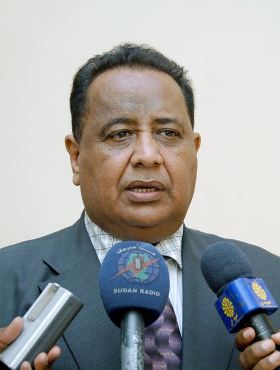Sudan’s labour union threatens to strike over pay increase
December 27, 2012 (KHARTOUM) – The pro-Sudanese government labour union threatened to stage a nationwide strike within a week if the minimum wage is not raised, as the talks with the finance minister over the issue are deadlocked.

Ghandour told reporters on Thursday that the executive board of the union is mandated by the central committee to take any decision over the issue of wages, and he did not rule out strike action stressing that they have one week to settle this file.
He further said the rejection of finance minister to increase the minimum wage to 425 Sudanese pound will lead them to raise it to 1947 pounds to cope with the findings of a recent study on the cost of living in the country.
Since the independence of South Sudan, Sudan is experiencing a severe financial crisis due to the loss of important oil revenue.
The inflation reached 45% and the IMF say the country’s growth is falling by 11% in 2012 and hovering around zero in the next year.
Ghandour said they continue to mobilize the workers to stage a strike adding “the union will not accept abuse and humiliation from anybody and if we accept it we would resign and leave our place for other leaders to lead the action of trade unions”.
He underscored they have already resorted to the arbitration, in line with the law, before to implement a strike action to advance the interests of workers.
Ghandour who is also a leading member in the ruling National Congress Party discussed the issue with the Sudanese president and his two deputies who support to increase wages, according to him.
Since last June, the finance ministry implement some measures aiming to address the fiscal imbalance. The removal of subsidiaries of oil and other essential commodities triggered a series of limited protests across the country.
(ST)
